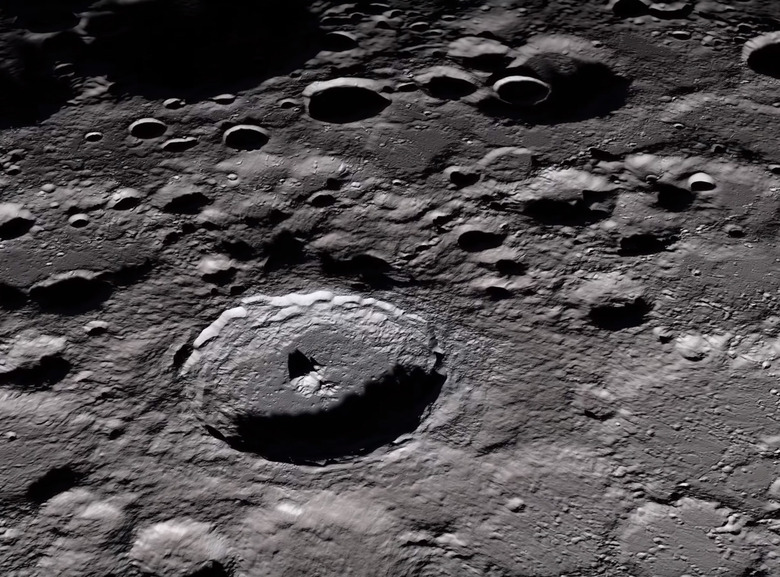NASA's 2024 Moon Mission Is In Serious Jeopardy
- NASA's plans to return humans to the Moon by 2024 will depend largely on whether it can secure funding from Congress.
- Right now, the space agency needs several billion more dollars to make the mission a reality.
- Without adequate funding, the mission will ultimately be delayed, and even if funding is achieved, technical hurdles could push the date back by years.
NASA has been very outspoken about its plans to get humans back to the Moon by 2024. Originally a mandate from the Trump administration, the goal of getting humans back on the lunar surface by 2024 has always been a long shot. NASA has made some great strides in its work toward that goal, but it's still well short when it comes to money.
As Ars Technica reports, the space agency still doesn't have the funding to begin the necessary work in 2021 that would facilitate a Moon landing by 2024. In fact, it's budget allowance is roughly 12% short of where it needs to be. NASA needs another $3.2 billion for its work in 2021 alone just to remain on track for a crewed mission in 2024. That's a lot of cash, and it's unclear if lawmakers are willing to play ball.
Congress still hasn't agreed on a budget for fiscal 2021, which begins on October 1st. The continuing resolution in place at the moment will last through early December, and if the United States is still standing after the 2020 Presidental Election (don't forget to register and vote!), lawmakers will have to figure out what the 2021 budget looks like.
That decision could ultimately make or break NASA's plans, as coming up short on its requested funding increase would mean potentially major setbacks. Asking Congress for more money (for science of all things) is always a gamble, but it's even riskier right now, with a country still struggling to combat the coronavirus pandemic and many people out of work.
The current plan is to have Blue Origin, SpaceX, and Dynetics compete with their own designs for a lunar lander and offer bids on how much they'd need to make it a reality by 2024. This competition between the companies would be good for NASA, as it should result in the best proposal being selected at the most reasonable cost. Reducing the number of companies involved would likely be a bad idea, according to NASA administrator Jim Bridenstine.
However this all pans out, the odds of humans making it to the Moon by 2024 remain very slim. Even if NASA gets its funding in order, there's no telling what delays (and budget woes) the space agency and its contractors will face in the years to come. NASA will make it back to the Moon — they're not going to spend all this money without some kind of a payoff — but there's a very, very good chance that it doesn't happen by 2024.
